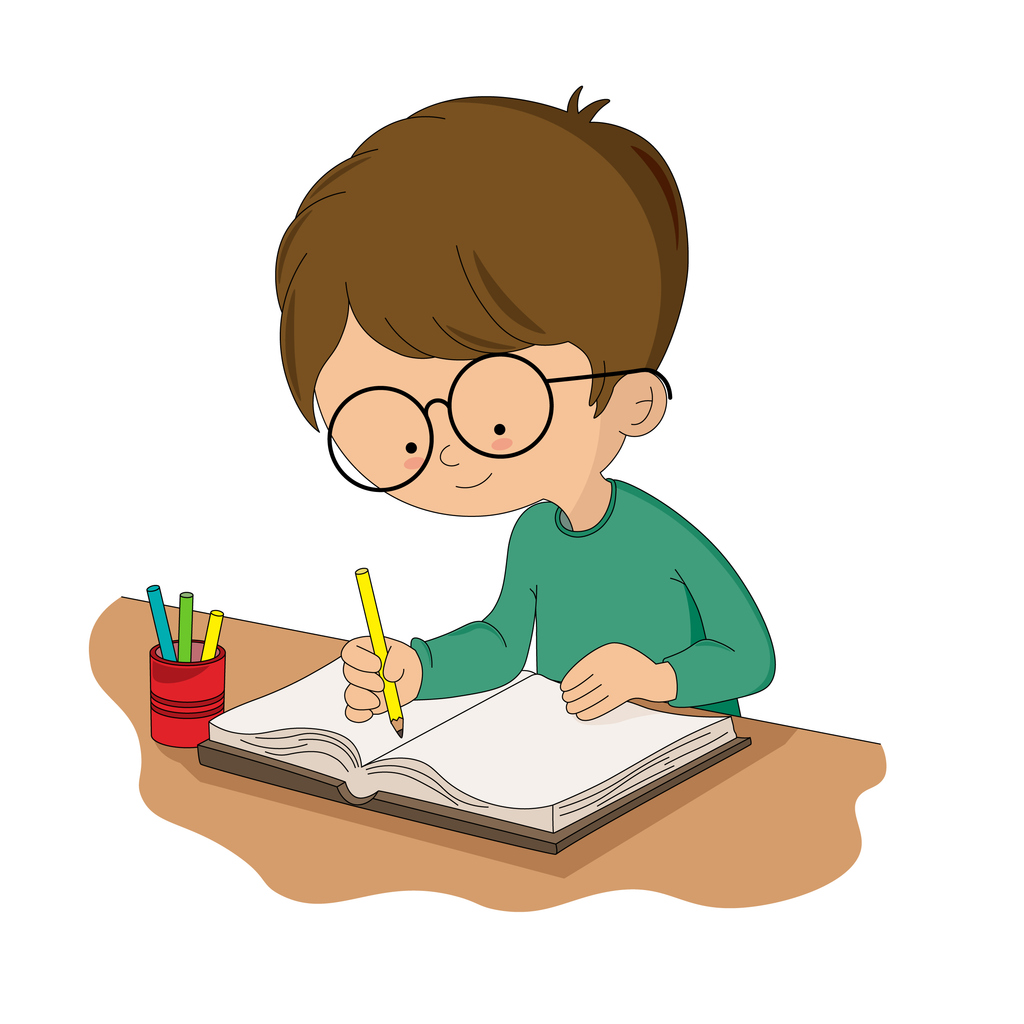
Coach Lindsay: Introducing Journaling to Children
by Coach Lindsay
Journaling can help children and young people explore and understand their feelings.
One of the challenges children face in the adult world is feeling misunderstood due to their limited vocabulary. They often struggle to express their emotions, leading younger children to have tantrums when they’re upset because they don’t know how else to express their feelings. For those who find verbal expression difficult, journaling can be a valuable tool.

Coach Lindsay
Giving children a space to gather their thoughts and reflect on their experiences helps them gain perspective on their day. It allows them to make connections between cause and effect and explore their feelings through writing and creativity.
Keeping a journal is a healthy way for children and young people to make sense of their surroundings. By recording their fears, memories, observations, and goals, they can cultivate a growth mindset and a habit of gratitude from an early age. Journaling also enhances their communication and creativity.

Journaling over Diary Writing – What’s the Difference?
While journaling and diary writing overlap, they serve different purposes. Diary keeping involves recording daily activities and events that happen over a day or a period of time. In contrast, journaling delves deeper into our thoughts and emotions.
Fosters Creativity
Journaling can be an excellent creative outlet for children. The key is to let them decide how they want to express themselves, driven by their interests and instincts. They might choose to draw or doodle, and if they ask for specific pens, stickers, or pencils, try to oblige if possible. They might also want to include cut-out pictures from magazines, leaves or flowers they find, photos, or fabric scraps. Whatever they choose will be a unique form of their creative and emotional expression.
Enhances Communication Skills
Journaling gently encourages children to sit with their thoughts and express them clearly and healthy. This process involves deep self-reflection, which nurtures self-awareness. Through this reflection, children gain the ability to understand different perspectives, fostering empathy.
Promotes Emotional Development
Journaling provides valuable mental health benefits, helping children understand their needs and the world around them. I introduce journaling early in my sessions with clients as a gentle therapeutic technique. It helps both adults and children manage stress and anxiety and recognise their triggers. Writing and creativity offer a way to gain perspective, allowing them to focus on important feelings and let go of others.
Forming new habits takes time, usually between 21 days and three months. Be patient with your child and gently encourage consistent journaling. You might even start a journal yourself to create a shared routine. Watching you engage in the same practice can help them feel more connected to the activity. Choose a time of day that works best for them, such as after school or before bed.

Journal Prompting Tips
- What is your favourite memory and why?
- What are three things you are grateful for?
- What is one thing that helps you when you are worried?
- Think about your favourite hobby. What makes you love doing it?
- Close your eyes and listen to the world. What sounds do you hear?
- Would you rather it be Summer, Autumn, Winter or Spring? Why?
- Think about one person that makes you feel loved. How do they show you that they love you?
- When you get mad or grumpy, what is one thing you can do to calm down?
- What are you excited about?
Number One Rule for Parents
I understand it can be challenging and may go against your instincts. Many children will want to share what they’ve written in their journals; however, if your child prefers to keep it private, please respect their wishes.
Resist the urge to read or look at what they’ve written. A journal is personal and needs to be kept private to serve its true promise. It has to hold a certain level of independence.
However, if you feel that the journal’s contents are important for your child’s well-being, you could gently say, “I understand your journal is private, but is there a part you would feel comfortable sharing with me?”
If your child begins to enjoy journaling, they will have found an invaluable, healthy coping mechanism that can accompany them throughout their life. It could even play a role in shaping their future.

Go gently on yourselves.
Coach Lindsay x
ColneLife July/Aug 24




